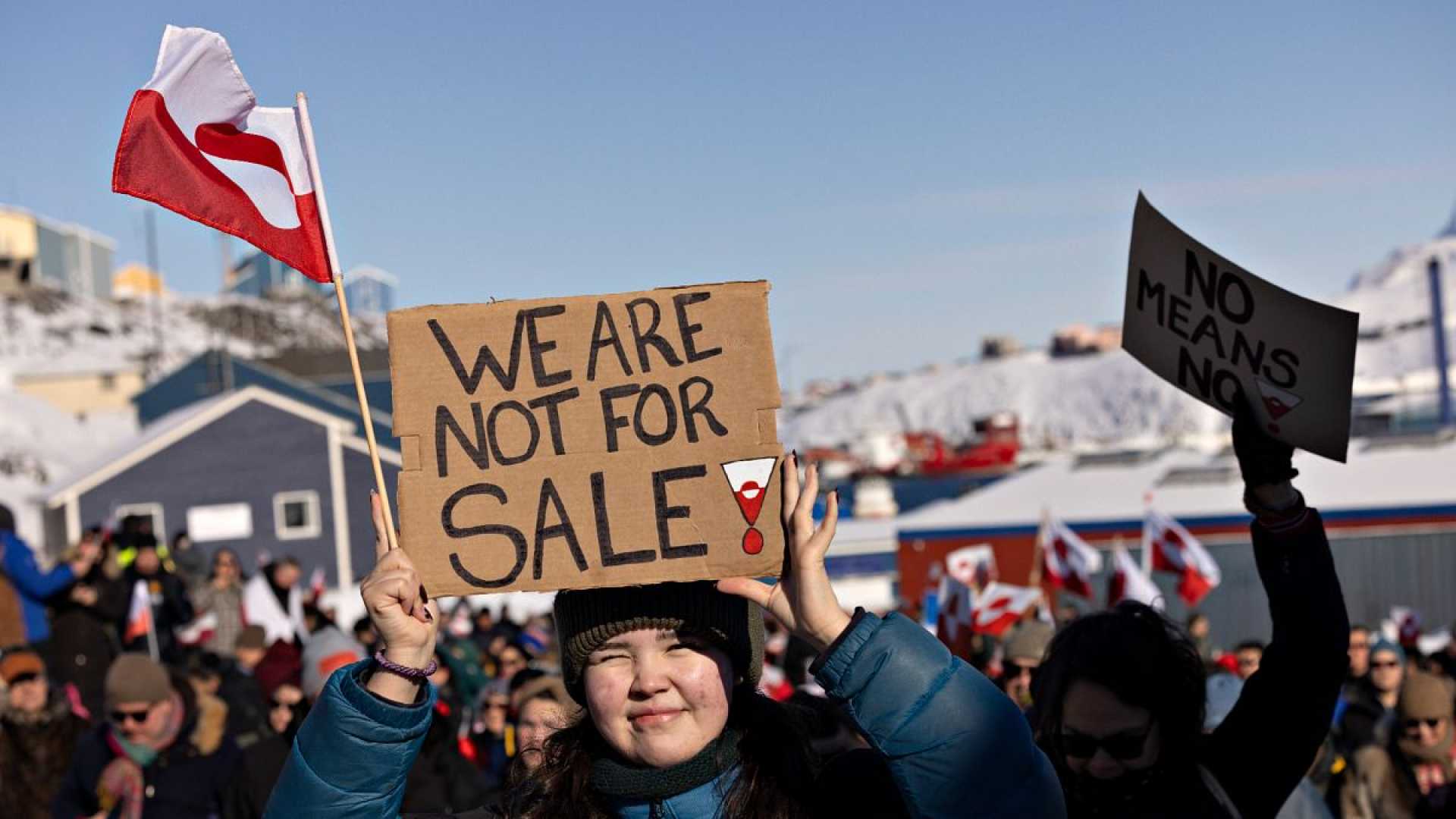World
Denmark Condemns Trump’s Pressure Amid Greenland’s Independence Aspirations

COPENHAGEN, Denmark, March 27 (Reuters) – Danish government officials strongly criticized U.S. President Donald Trump’s escalated rhetoric regarding Greenland, calling it unacceptable pressure on the semi-autonomous territory. As Trump reiterated his desire to take control of Greenland, Defense Minister Troels Lund Poulsen decried his statements, urging respect for the decisions of the Greenlandic people.
In remarks to journalists on Wednesday, Trump emphasized the strategic importance of Greenland. “We need Greenland and the world needs us to have Greenland, including Denmark,” he stated. This comment sparked immediate backlash from Danish leaders who feel Trump’s rhetoric undermines the island’s autonomy and aspirations for self-governance.
Poulsen condemned Trump’s comments as an escalation in an already tense relationship. “These very powerful statements about a close ally do not suit the U.S. president,” he stated. “The tightened rhetoric is in every way far-fetched.”
As tensions rise, U.S. officials, including Usha Vance, the wife of Vice President JD Vance, are scheduled to visit Greenland. However, plans for her to attend a popular dog-sled race were canceled due to local protests. According to polls, nearly all Greenlanders oppose U.S. claims to the territory.
Danish Prime Minister Mette Frederiksen expressed support for the residents of the island’s 57,000 inhabitants. “The attention is overwhelming, and the pressure is great, but it is in times like these that you show what you are made of,” she wrote on Facebook. “You have stood up for who you are – and you have shown what you stand for. That has my deepest respect.”
The U.S. military’s operations in Greenland, including the Pituffik base, have become points of contention, complicating diplomatic relations. Previous discussions about annexation have added to local concerns over American intentions.
Despite U.S. interests, Frederiksen has made it clear that Greenlandic representatives who have expressed opposition to U.S. visits should be respected. “You cannot make a private visit with official representatives from another country,” she said, emphasizing the sovereignty of Greenland in determining its future.
Greenland, a territory of Denmark since 1721, has sought greater independence in recent years. The sentiment against becoming part of the U.S. is strong, with many Greenlanders viewing such moves as a threat to their identity and aspirations for self-governance.
In this context, experts note that Trump’s approach may have united Greenlanders in their desire for self-determination. “There is a growing pride and sense of identity among the Greenlanders in response to this pressure from Washington,” said Otto Svendsen, an Arctic expert at the Center for Strategic and International Studies.
Greenlanders are wary of external pressures, particularly at a moment when they are striving to define their own political future. The 2009 Greenland Self-Government Act recognizes their right to independence when they choose, a right safeguarded by international norms.
Overall, while Greenland has limited leverage against the United States, the prevailing sentiment remains that their destiny should be decided in Nuuk, not Washington.












